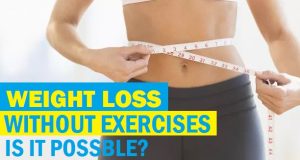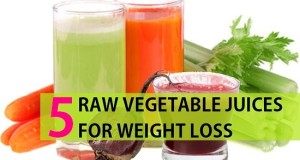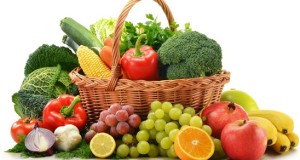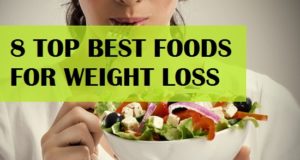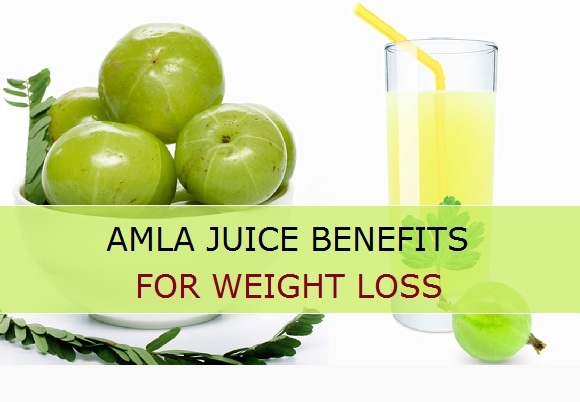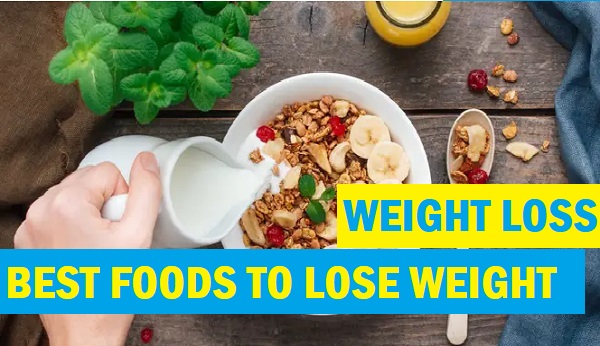
Foods that can help in Weight Loss
Embarking on a weight loss journey is a personal decision that requires dedication and the right approach. While exercise plays a crucial role in shedding pounds, the food we consume plays an even more significant part. In this article, we will explore the best foods for weight loss and try to decipher the habits and strategies that can help you achieve your desired weight.
Why Diet is Essential in Weight Loss
Weight loss is not just about cutting calories; it’s about nourishing our bodies with the right nutrients while creating a calorie deficit. A balanced diet is essential to keep us energized and feeling full, even as we shed those extra pounds.
The Role of Balanced Nutrition in Shedding Pounds
A well-balanced nutrition plan fuels the body with the necessary vitamins, minerals, and macronutrients. This helps maintain muscle mass and metabolism, making weight loss more effective and sustainable.
Foods to Include in Your Weight Loss Diet
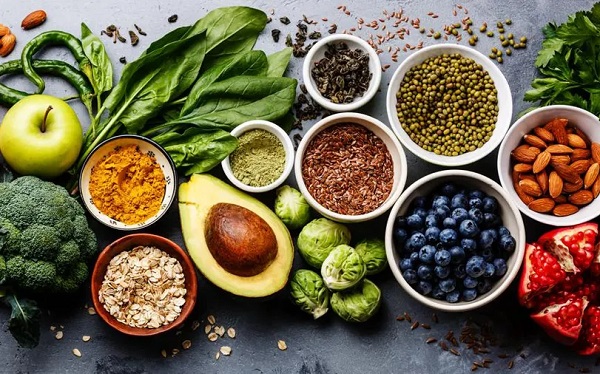
1. High-Protein Foods
Protein is the building block of muscle and has a high thermic effect, meaning it burns more calories during digestion. Inclusion of the high protein rich food items like lean meats, eggs, dairy products, legumes, and high protein snacks in your diet.
2. Fiber-Rich Foods
Fiber keeps you full for longer and aids in digestion. Try to include the whole grains, fruits, vegetables, and nuts to increase your fiber intake.
3. Healthy Fats
Not all fats are bad; healthy fats like avocados, nuts, and olive oil are essential for hormone production and overall health.
4. Nutrient-Dense Fruits and Vegetables
These colorful foods are rich in vitamins, minerals, and antioxidants, supporting your weight loss efforts and promoting overall well-being.
This is no surprise that Losing weight is crucial for a lot of us due to which individuals can lead an active lifestyle with healthy body. While exercise is crucial, the foods we consume play a significant role in determining our success in shedding those extra pounds. In this article, we will explore various food items that can aid in your weight loss journey effectively and sustainably.
Achieving and maintaining a healthy weight is essential for overall well-being and reducing the risk of various health conditions. A balanced diet that includes nutrient-dense and low-calorie foods can support your weight loss efforts and promote better health.
The Importance of a Balanced Diet
Undoubtedly, balanced diet is the key to an effective weight loss diet plan. It provides the body with essential nutrients while ensuring you are in a calorie deficit, which is necessary for shedding excess weight.
Protein-Packed Foods for Weight Loss
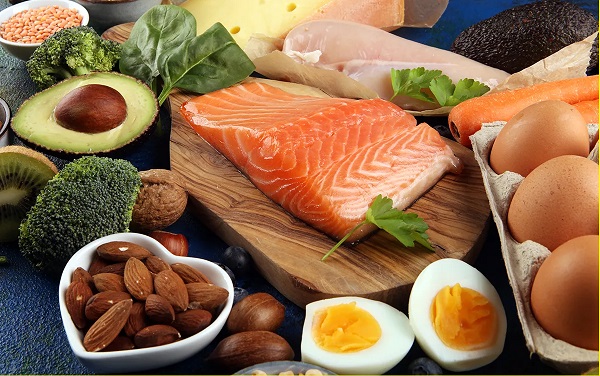
Lean Meats and Poultry
Lean meats and poultry, such as chicken and turkey breast, are excellent sources of high-quality protein. Protein not only helps in building and repairing tissues but also keeps you feeling full and satisfied for longer periods, reducing the likelihood of overeating.
Plant-Based Proteins
For individuals following a vegetarian or vegan lifestyle, plant-based proteins offer excellent alternatives. Foods like tofu, tempeh, lentils, and chickpeas are rich in protein, fiber, and various essential nutrients.
Fiber-Rich Foods to Aid Weight Loss
Whole Grains
Whole grains, such as quinoa, brown rice, and oats, are packed with fiber, which aids digestion and helps maintain stable blood sugar levels. The feeling of fullness that fiber provides can also prevent unnecessary snacking.
Fruits and Vegetables
Fruits and vegetables are low in calories and high in essential vitamins, minerals, and antioxidants. Their high fiber content contributes to better digestion and supports weight loss.
Legumes and Beans
Legumes and beans, including black beans, lentils, and kidney beans, are rich sources of fiber and protein. They are not only beneficial for weight loss but also promote heart health.
Healthy Fats for Weight Loss and Overall Health
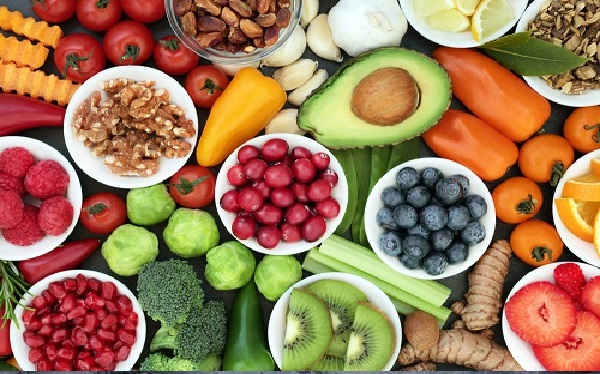
Avocados
Avocados are a great source of monounsaturated fats, which can help reduce bad cholesterol levels and improve heart health. The fats in avocados also aid in absorbing fat-soluble vitamins.
Nuts and Seeds
It is also evident that high protein and beneficial nuts and seeds, like almonds, sunflower seeds, walnuts, cashew and chia seeds, are rich in high proteins, healthy fats, and fiber content. They are a nutritious and satisfying snack option.
Olive Oil
This one is a must have to get not just weight loss but good skin too. Extra virgin olive oil is a staple in the Mediterranean diet and provides healthy monounsaturated fats, which are beneficial for weight management and heart health.
Superfoods for Effective Weight Loss
Berries
Berries, are yet another foot item which can aid in weight loss. Berries like raspberries, blueberries, and strawberries, are indeed rich in antioxidants and low in calories. They can satisfy your sweet cravings while supporting weight loss.
Leafy Greens
Leafy greens like spinach, kale, and Swiss chard are low in calories and high in nutrients, making them a great addition to any weight loss diet.
Chia Seeds
Chia seeds are a nutritional powerhouse that swells up when soaked, promoting a feeling of fullness and aiding in digestion.
Greek Yogurt
Greek yogurt is a protein-rich dairy option that can help control hunger and support gut health.
Few Other factors For Weight Loss
Hydration
Staying hydrated is essential for weight management as it supports digestion, boosts metabolism, and helps control appetite. Drinking an adequate amount of water throughout the day can prevent overeating.
The Role of Exercise in Weight Loss
While diet is crucial for weight loss, regular exercise is equally important. Incorporating a combination of cardiovascular exercises, strength training, and flexibility exercises can help burn calories, build lean muscle mass, and enhance overall fitness.
Mindful Eating for Weight Loss Success
Mindful eating means paying attention to your hunger. At times, you may not be hungry but thirsty for a healthy drink. While eating mindful eating like savoring each bite, and not gobbling up the food during meals. This practice can prevent overeating and improve the overall eating experience.
The Importance of Sleep for Weight Management
Adequate sleep is vital for weight management as it affects hunger hormones and energy levels. Lack of sleep can lead to increased cravings and a decreased ability to make healthy food choices.
Healthy Habits to Support Your Weight Loss Journey
Creating healthy habits, such as meal planning, regular physical activity, managing stress, and avoiding emotional eating, is crucial for sustainable weight loss.
Experiencing plateaus during weight loss is common. Adjusting your diet and exercise routine, staying patient, and remaining consistent can help break through these plateaus.
Recognizing and celebrating small victories along your weight loss journey can boost motivation and keep you focused on your goals.
Incorporating various food items into your diet can significantly aid your weight loss journey. From protein-packed foods to fiber-rich options and healthy fats, each category offers unique benefits to support your efforts. Alongside a balanced diet, regular exercise, mindful eating, proper hydration, and quality sleep are essential components of a successful weight loss plan. Remember that each person’s journey is unique, so find what works best for you and stay committed to your health and well-being.
Extra Tips For Effective Weight Loss
Certain foods can hinder weight loss progress. Minimize your intake of sugary snacks, processed foods, and high-calorie beverages to achieve better results.
Staying hydrated is crucial for weight loss. Water helps flush out toxins, aids digestion, and can even suppress appetite.
Incorporating regular exercise into your routine helps burn calories, build muscle, and boosts your metabolism, accelerating weight loss.
Mindful eating involves savoring each bite and paying attention to hunger cues, while portion control ensures you don’t overeat.
Adequate sleep is vital for weight management. Lack of sleep can disrupt hunger hormones and lead to overeating.
Emotional eating can be a significant barrier to weight loss. Recognizing emotional triggers and finding alternative coping mechanisms is essential.
FAQs
Is it necessary to count calories to lose weight?
Counting calories can be helpful for some people, but it’s not the only approach to weight loss. Focusing on the quality of your food choices and portion control can also be effective.
Can I indulge in my favorite treats while on a weight loss journey?
Occasional treats are fine, but moderation is key. Enjoy your favorite treats in small portions and remember to balance them with nutritious foods.
How often should I exercise to lose weight?
Aim for at least 150 minutes of moderate-intensity exercise or 75 minutes of vigorous exercise per week, along with strength training sessions.
What are some healthy snack options for weight loss?
Try snacks like Greek yogurt, carrot sticks with hummus, or a handful of almonds for a satisfying and healthy treat.
Is it possible to lose weight without exercise?
While exercise enhances weight loss, it’s possible to shed pounds through diet changes alone. However, combining both diet and exercise yields better results.
 Tips and Beauty Site about Skin care, Hair care, Health, weight loss and lifestyle tips
Tips and Beauty Site about Skin care, Hair care, Health, weight loss and lifestyle tips

